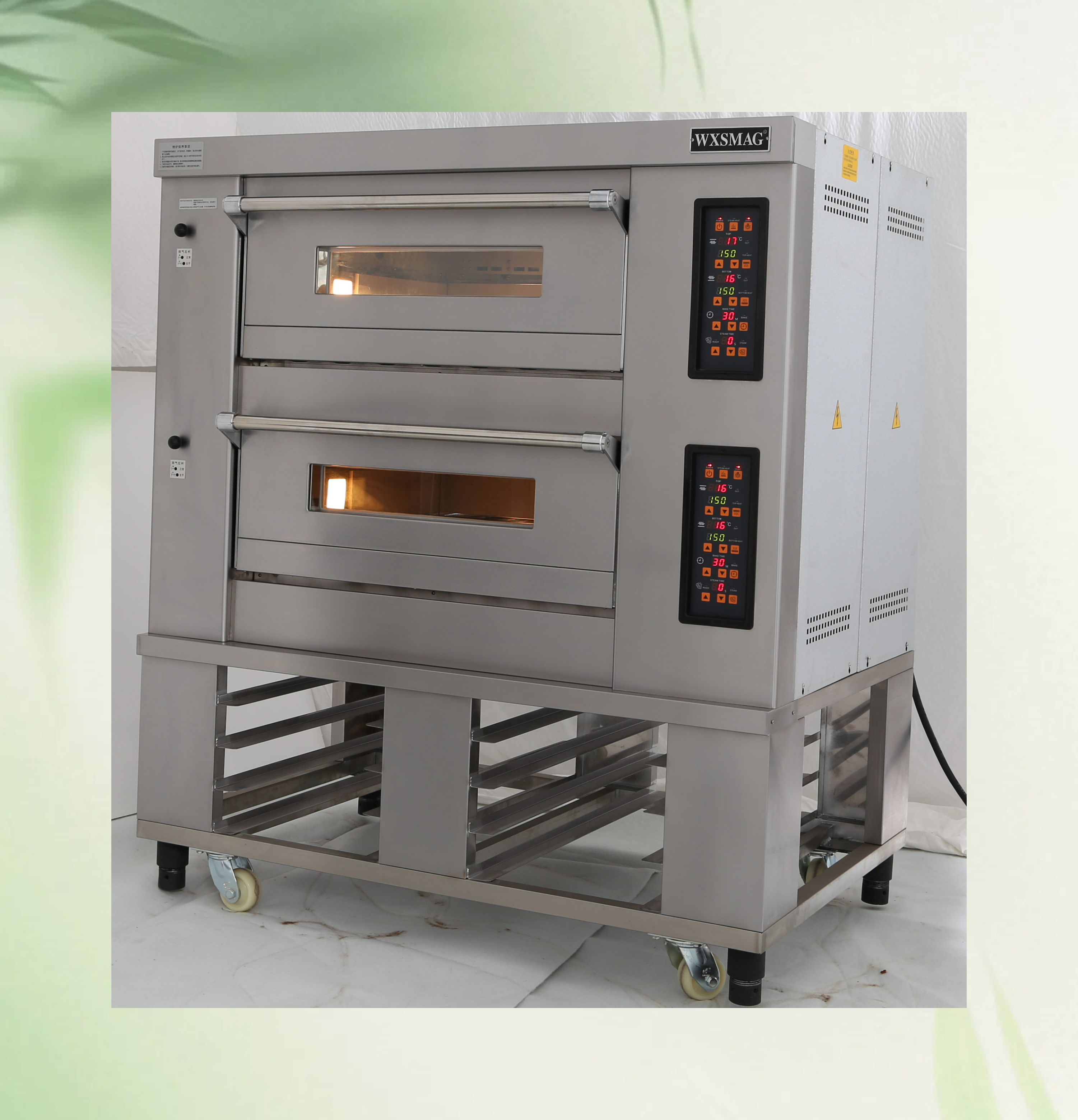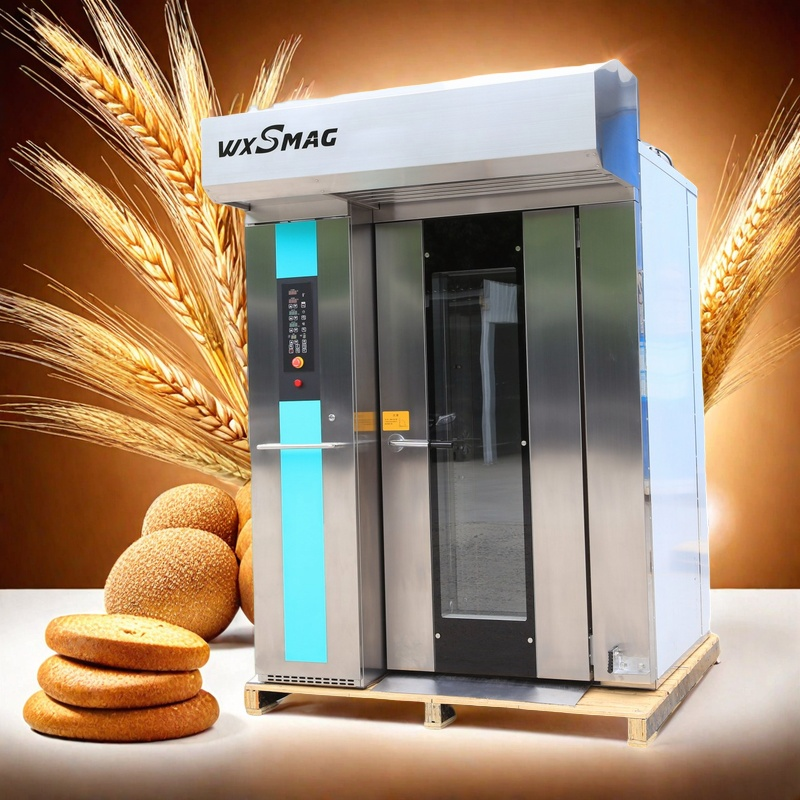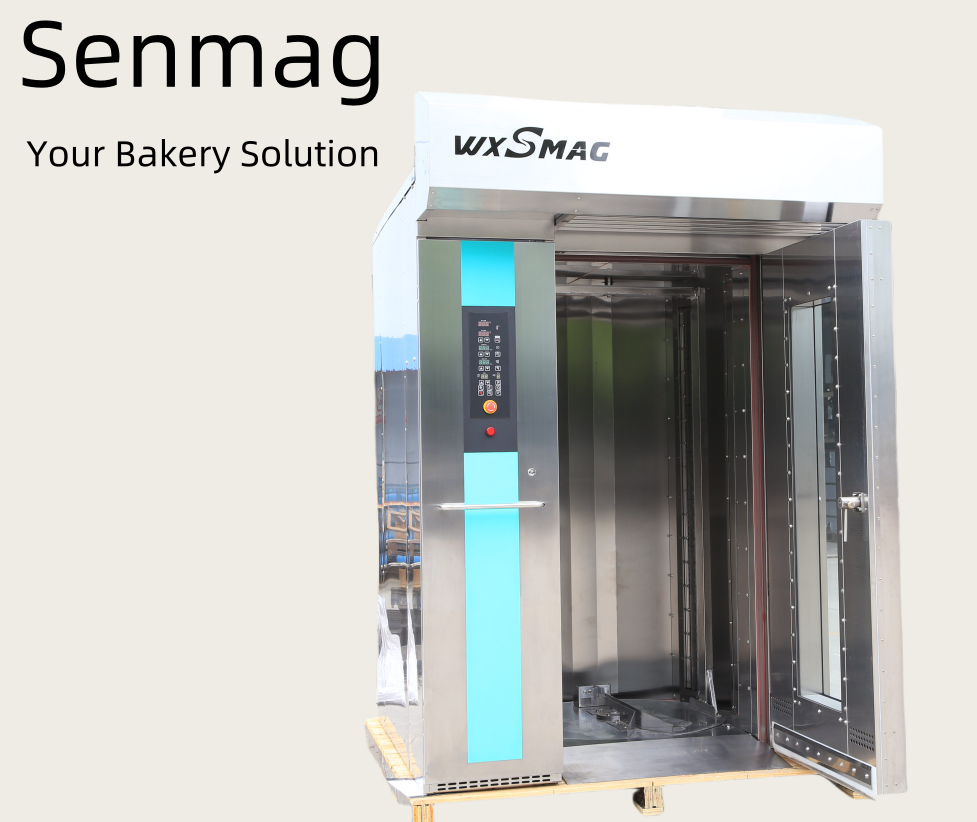baked bread
Baked bread represents one of humanity's most fundamental and cherished food staples, combining simple ingredients through a sophisticated process of fermentation and heat application. This staple food product undergoes a carefully controlled baking process where the dough, typically consisting of flour, water, yeast, and salt, transforms into a golden-crusted loaf with a tender, airy interior. The baking process involves precise temperature control and timing, usually ranging between 350-450°F (175-230°C), which activates the yeast, develops gluten structure, and creates the characteristic crust through Maillard reaction. Modern bread baking incorporates advanced technology for consistency in production, including precise humidity control, temperature monitoring systems, and automated timing mechanisms. The final product offers not only essential nutrients like carbohydrates, proteins, and dietary fiber but also serves as a versatile foundation for countless culinary applications, from simple sandwiches to elaborate gastronomic creations.


